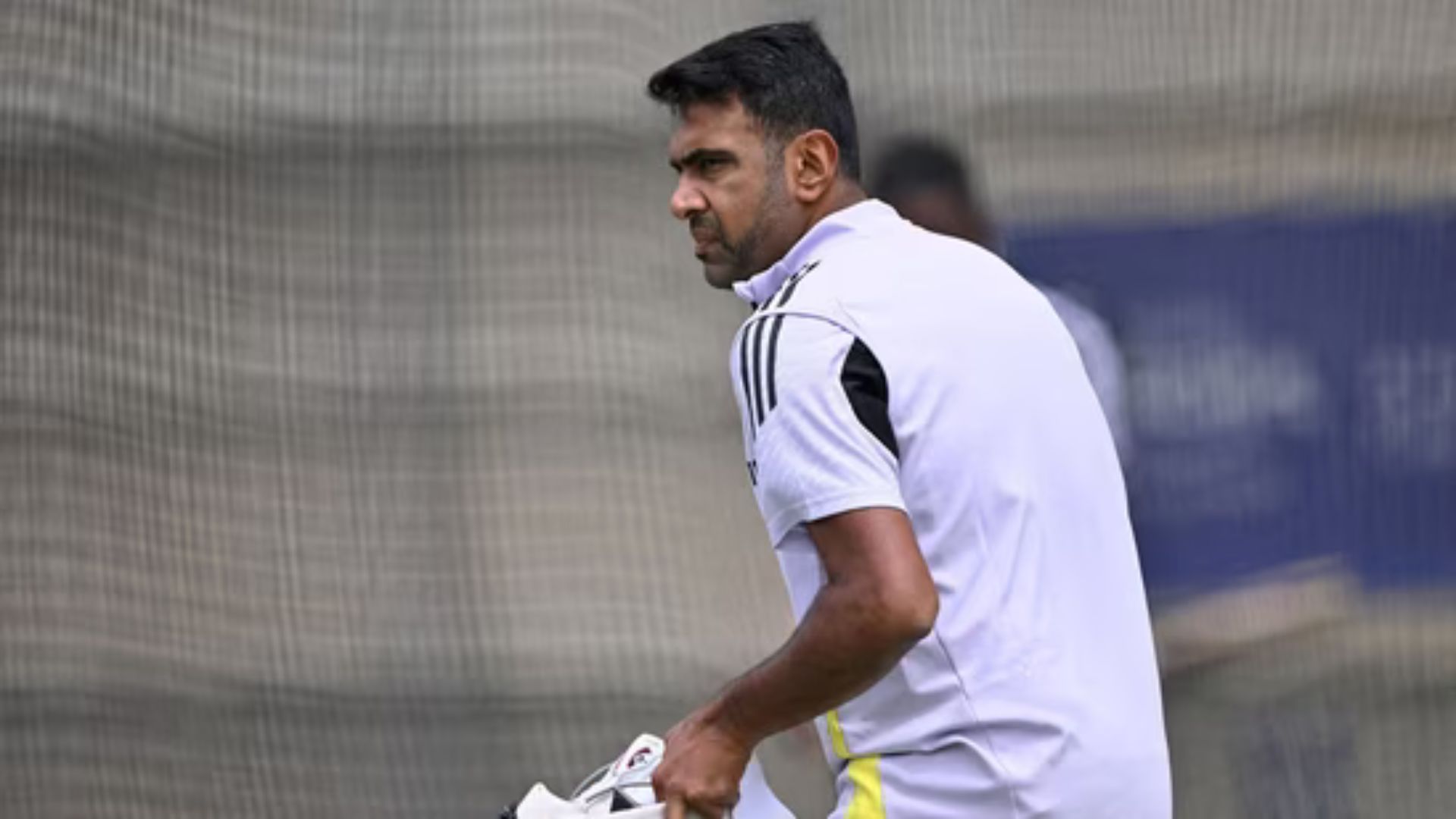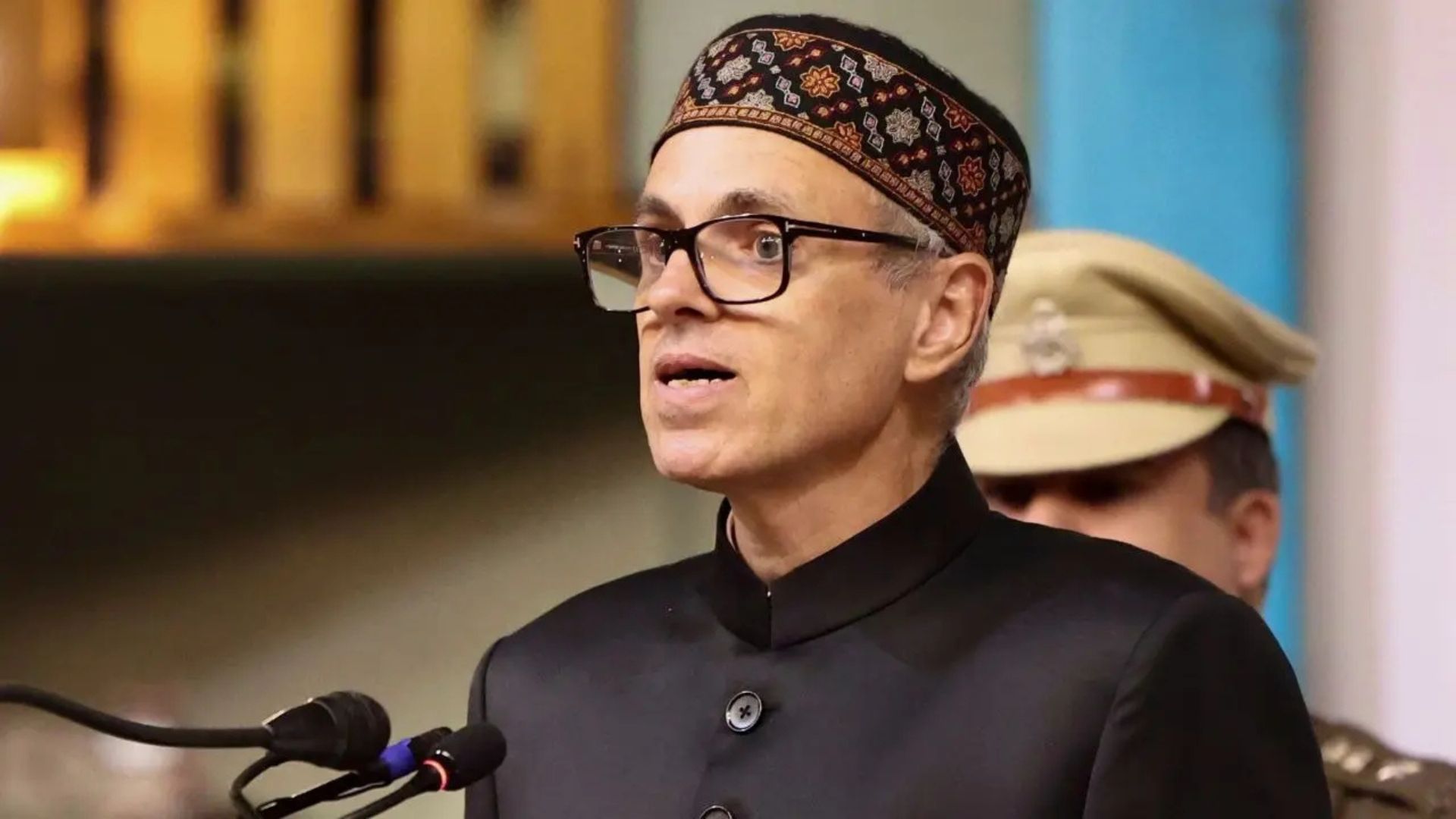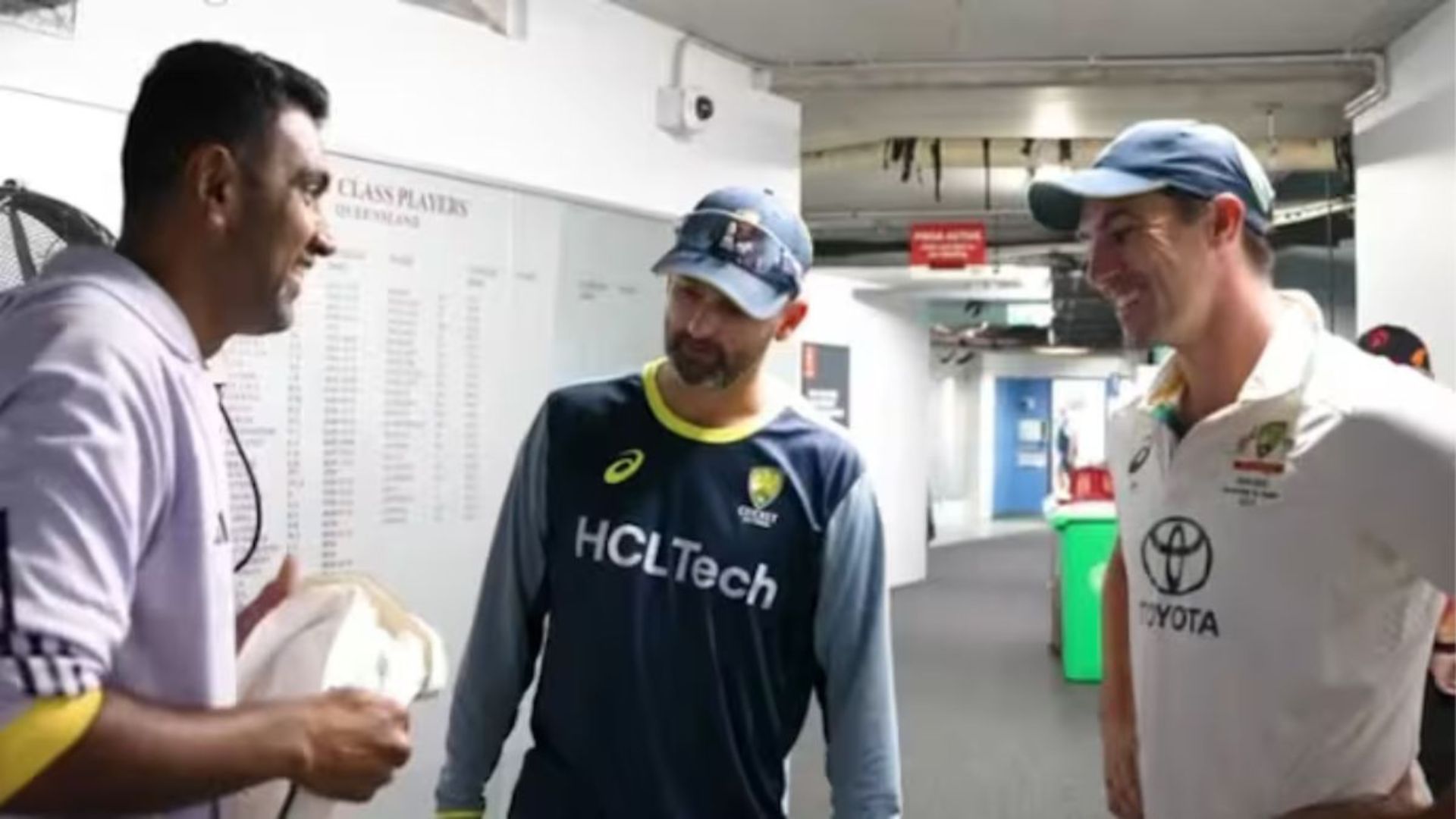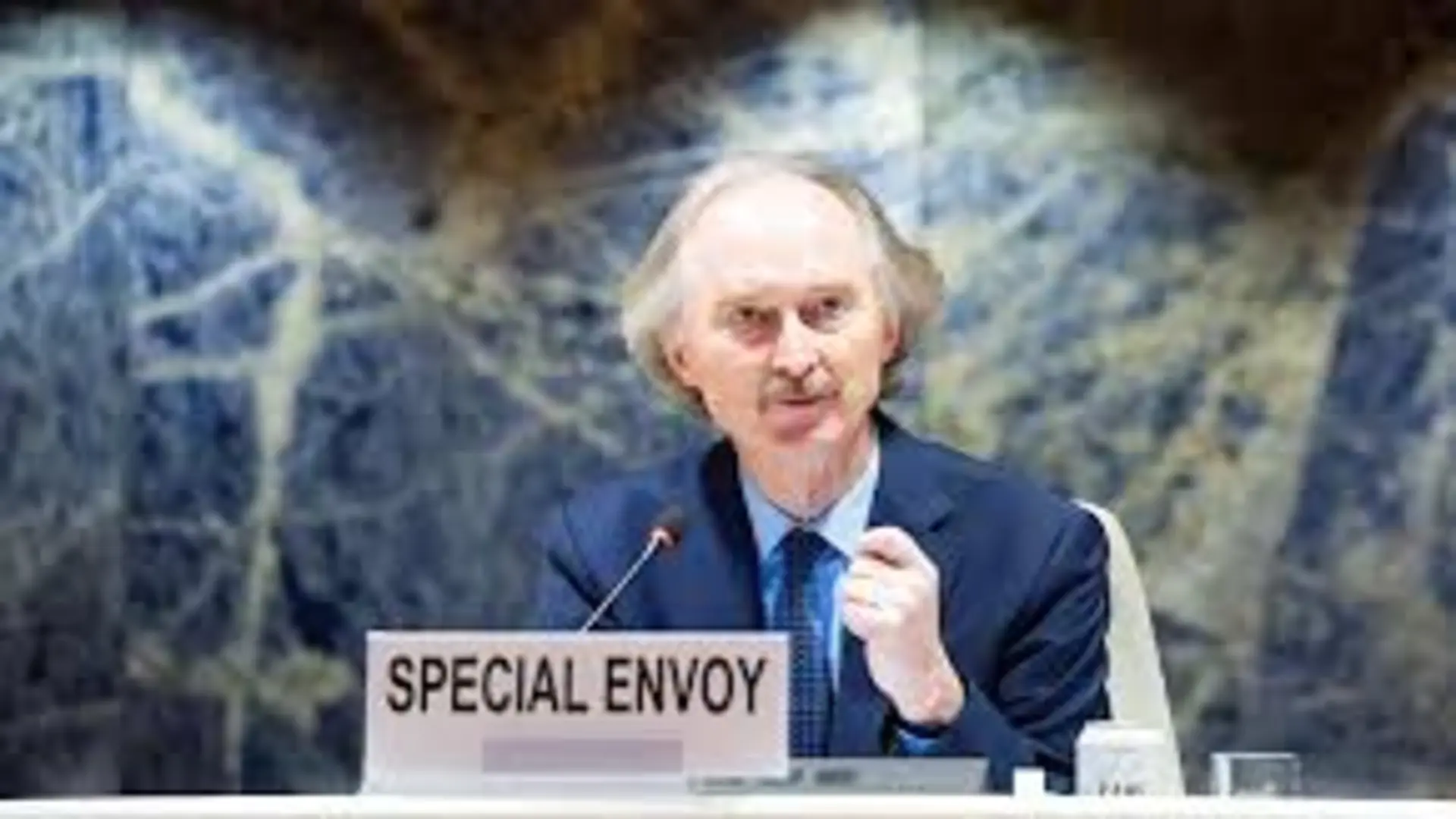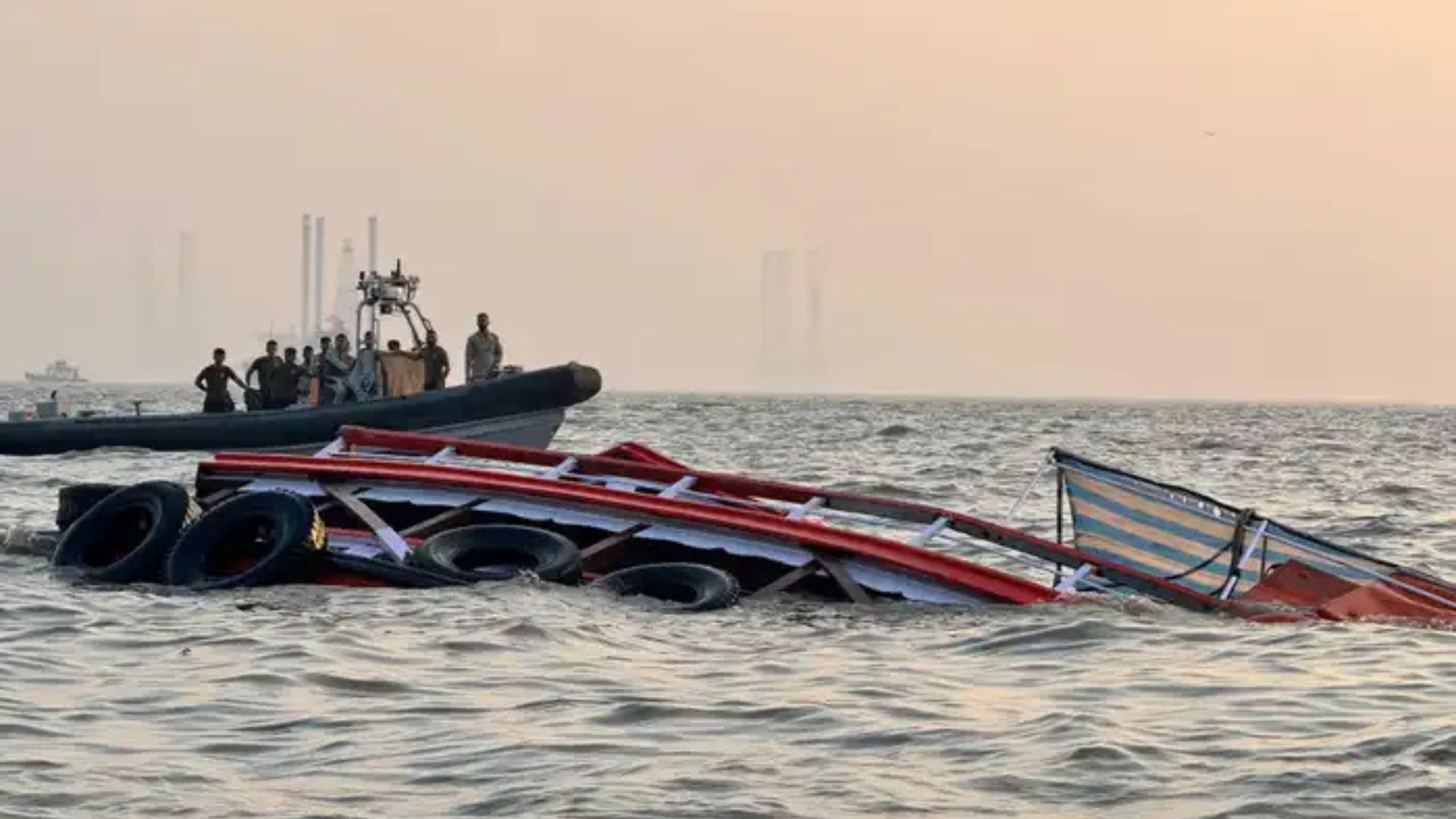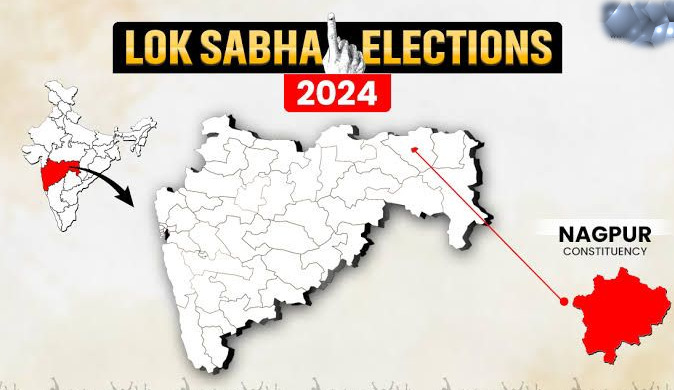
Post-independence, Nagpur continued its allegiance to the Congress, with the party dominating the electoral scene for years but saffron party is using all its might and succeeded to dent their votes from last two general polls.
Nagpur Lok Sabha seat is one of the 48 Lok Sabha (parliamentary) constituencies of Maharashtra state in western India. This constituency is spread over Nagpur city and some part of Nagpur district.
Nagpur Lok Sabha constituency is not just about the conventional political dynamics; it harbors a few quirky and unusual facets that add a unique flavor to its character. In essence, Nagpur Lok Sabha constituency transcends the mundane with its quirky blend of political prominence, fruity heritage, spiritual gatherings, historical oddities, climatic surprises, cultural amalgamation, and linguistic diversity. It’s a microcosm where the weird and the wonderful coexist, adding layers of fascination to its identity. Nagpur Lok Sabha constituency has seen its share of interesting parliamentarians over the years.
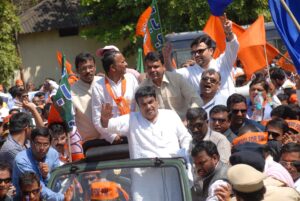
Here are some facts about a few notable ones: Anasuyabai Kale: She was the first an Indian politician to get elected to the Lok Sabha, the lower house of the Parliament of India, from Nagpur as a member of the Indian National Congress in 1952. She was re-elected as a member of the 2nd Lok Sabha in 1957.
Prior to her election to the Lok Sabha, Kale had been a member of the Assembly of the Central Provinces and Berar, to which she was nominated in 1928. She also served in 1937 as Deputy Speaker of the Central Provinces Legislative Assembly. In 1948, she was president of the All India Women’s Conference.
She was a descendant of The Diwan of Aundh state. She married into the cadet branch of Kale of Waghere, Nashik. She was educated at Hujur Paga High School and Fergusson College in Poona and then at Baroda College, Baroda. She was married to Purushottam Balakrishna Kale. She had three sons and two daughters. After winning Lok Sabha election from Nagpur in 1957, she died mid-term two years later.
Jambuwantrao Dhote: Known for his independent political stance, Jambuwantrao Dhote was a Member of Parliament from Nagpur in 1971 and 1980 from Indian National Congress. He was Member of Parliament from Nagpur (Lok Sabha constituency) in 1971 to 5th Lok Sabha, defeating his Congress rival. When Indira Gandhi split Congress in January 1978, he joined her Congress(I) party. He was elected for second time from Nagpur in 1980 to 7th Lok Sabha as a Congress candidate.
He was a vocal advocate for farmers’ rights and was known for his straightforward approach to issues affecting the common people. Apart from Politics, Datta Meghe has established a chain of CBSE Schools, Medical Colleges, Engineering Colleges, Hospitals, Banks, Spinning mills, IT firms in urban & especially rural areas to provide the best of facilities at extremely affordable rates.
Dhote left Congress soon, and founded Vidharbha Janta Congress (VJC) Party on 9 September 2002. He was elected to Maharashtra Assembly 5 times. He was elected from Yavatmal in 1962 and 1967 elections as a Forward Bloc candidate, and in 1978 as Congress member. He died on 18 February 2017 due to a heart attack in Yavatmal. He can be remembered as the only ‘mass leader’ of Vidarbha to date.
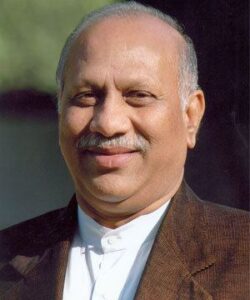
Vilas Muttemwar: A seasoned politician from the Congress party, Vilas Muttemwar served multiple terms as the Member of Parliament from Nagpur. He held portfolios like Minister of State for New and Renewable Energy and Minister of State for Finance. His contributions include efforts towards rural development and economic policies. In 2009 general elections, he received 3,15,148 votes against Banwarilal Purohit, who has managed to receive 2,90,749 votes.
Muttemwar served as a member of the Lok Sabha representing the Nagpur Lok Sabha constituency several times. He is the only politician from Nagpur constituency who had been constantly elected as the Parliamentarian for seven times. He is the most revered and respected politician of his times.
He served as the Minister of State in the Department of Rural Areas and Employment, Ministry of Rural Development and Minister of State in the Ministry of Parliamentary Affairs under Prime Minister P. V. Narasimha Rao between 1995 and 1996 and as Minister of State (Independent Charge) in the Ministry of Non-Conventional Energy Sources under Prime Minister Manmohan Singh from 23 May 2004 till 22 May 2009.
Banwarilal Purohit: Before becoming the Governor of Tamil Nadu, Banwarilal Purohit was a Member of Parliament from Nagpur in 1984 and 1989. He has a long political career and has been associated with various parties over the years, including the Congress and the BJP. His tenure as an MP was marked by his involvement in issues related to education and social welfare. Purohit is an Indian politician who is serving as 29th Governor of Punjab, India and Administrator of Chandigarh from September 2021. He was the former Governor of Tamil Nadu from 2017 to 2021, and former Governor of Assam from 2016 to 2017. He is a member of the Bharatiya Janata Party. He was a Member of Parliament from the Nagpur (Lok Sabha constituency) three times, twice as an Indian National Congress member, once as a BJP member.
Datta Meghe: A prominent educationist and politician, Datta Meghe represented Nagpur in the Lok Sabha in 1991. He was known for his contributions to the field of education and healthcare, having established various educational institutions and hospitals in the region.
Meghe is currently a leader of the Bharatiya Janata Party and former & senior member of Indian National Congress. He was elected to Lok Sabha as a member of Congress Party in Maharashtra state. He was a Member of the Rajya Sabha, the upper house of the Indian Parliament, representing Maharashtra, from April 2002 – 2008.
Earlier he was Member of Legislative Council of Maharashtra from April 1978 to June 1991 for three times and also during 2001-April 2002.
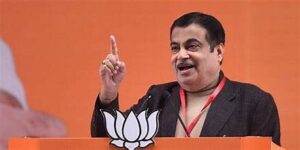
Nitin Gadkari: A prominent figure in Indian politics, Nitin Gadkari represented Nagpur in the Lok Sabha. Gadkari first time contested from Nagpur in 2014 and emerged victorious against Congress’ Vilas Muttemwar. In this election, Gadkari garnered 587,767 votes and Muttemwar received 3,02,919 votes. He again claimed victory in 2019 by defeating Nana Falgunrao Patole by a margin of 2,16,009 votes. Interestingly, Gadkari garnered a whopping 660,221 votes. For 2024, Gadkari is again contesting from the same constituency raising the hopes of the saffron party to claim the victory third time in a row. That will be a record for a non-Congress party into the bastion of the grand old party.
Gadkari is a seasoned politician, who has held key ministerial positions, including Minister for Road Transport & Highways, Shipping, and Water Resources, River Development & Ganga Rejuvenation. Known for his focus on infrastructure development, he’s credited with initiatives like the Bharatmala project and Sagarmala project. He is an Indian politician from Maharashtra, who is the current Minister for Road Transport & Highways in the Government of India. He is also the longest serving Minister for Road Transport & Highways currently running his tenure for over nine years. Gadkari earlier served as the President of the Bharatiya Janata Party (BJP) from 2009 to 2013. He is also known for his work as the Public Works Department Minister of the State of Maharashtra, where, under his leadership, a series of roads, highways and flyovers across the state were constructed. He currently represents the Nagpur constituency in the Lok Sabha and is a lawyer by occupation.
He previously also served as a Minister in various departments which includes Water resources and River development, Shipping, Rural Development and MSME. During the cabinet reshuffle on 7 July 2021, the portfolio for the Ministry of MSME which was under him was reassigned to Narayan Rane, another BJP MP from Maharashtra as a part of cabinet expansion. He is often referred to as the “Expressway Man of India” by the media due to his initiation of the Mumbai-Pune Expressway and contributions to the development of expressways and other road infrastructure. The World Economic Forum has recognised him as the “pioneer of public–private partnership (PPP) in the road sector in India”. Under his tenure as Minister of Road and Transport, Indian highway network grew by 59% within 9 years.
These parliamentarians have left their mark on Nagpur’s political landscape through their contributions to governance, policy-making, and public service, making them interesting figures in the constituency’s political history.
Highlights of the Constituency
The historical political landscape of Nagpur Lok Sabha constituency reflects a dynamic interplay of various political parties, leaders, and socio-economic factors.
Here’s an overview: Pre-Independence Era: Before independence, Nagpur was a significant political center in Central India. It was part of the Central Provinces and Berar, a region under British colonial rule. The political landscape during this period was shaped by movements for self-governance, with leaders like Bal Gangadhar Tilak and Gopal Krishna Gokhale making their mark.
Post-Independence: After independence, Nagpur Lok Sabha constituency emerged as a crucial political battleground. Initially, the Indian National Congress dominated the political scene, reflecting the broader national trend. Leaders like Dhananjayrao Gadgil, Nandatai Waghaye, and Vasantrao Naik were prominent figures from Nagpur who played significant roles in Congress politics.
Emergence of Opposition: Over time, opposition parties gained ground in Nagpur. The Bharatiya Janata Party (BJP) and its earlier avatar, the Bharatiya Jana Sangh, started making inroads. Leaders like Atal Bihari Vajpayee and Nitin Gadkari emerged as influential BJP figures in Nagpur and contributed to the party’s growth in the region.
Regional Parties: Alongside national parties, regional parties and movements also influenced Nagpur’s political landscape.
The Vidarbha region, including Nagpur, saw movements advocating for separate statehood or greater autonomy.
This led to the emergence of regional parties and leaders who championed regional issues.
Coalition Politics: The political landscape in Nagpur, like elsewhere in India, also witnessed coalition politics. Parties formed alliances or coalitions to maximize their electoral prospects. These alliances sometimes reshaped the traditional Congress versus Opposition narrative.
Shifts in Power: The political landscape of Nagpur Lok Sabha constituency experienced shifts in power dynamics. While the Congress held sway for significant periods, the emergence of strong opposition parties like the BJP led to competitive electoral contests.
Key Issues: Political discourse in Nagpur often revolved around issues like regional development, industrial growth, agriculture, infrastructure, and identity politics. Leaders and parties tailored their agendas to address these issues, influencing voter sentiments.
Current Scenario: In recent years, the BJP has gained dominance in Nagpur Lok Sabha constituency.
Leaders like Nitin Gadkari, who has a strong base in Nagpur, have played instrumental roles in the BJP’s electoral success in the region.
Overall, the historical political landscape of Nagpur Lok Sabha constituency reflects a complex interplay of national and regional dynamics, party ideologies, leadership, and socio-economic factors, shaping the course of electoral politics over time.
